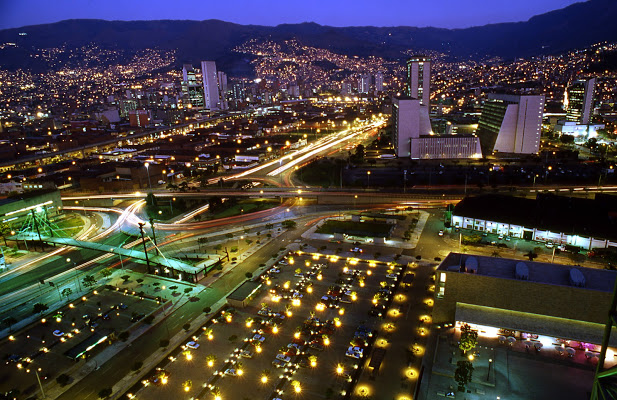 The Bogota Post spoke to Nisreen Ismael, an Iraqi Muslim engineer living in Erbil in the Kurdish region of northern Iraq, about what is really going on in her country
The Bogota Post spoke to Nisreen Ismael, an Iraqi Muslim engineer living in Erbil in the Kurdish region of northern Iraq, about what is really going on in her country
“The security situation is terrible and we keep on hearing stories about Da’ash [Arabic acronym for ISIS], which is making us all feel very stressed, especially over the last couple of weeks.”
This description of life in northern Iraq probably comes as no surprise. But with international news inundated with stark — and sometimes impersonal — coverage, we wanted to delve deeper and discover the real story of life in Iraq right now, from someone living it first hand.
Nisreen is 24 years old. She works as an engineer for a US petroleum company and explains that she has been unable to go to work recently. Given that most of her work takes place on the oil rigs about 45 minutes from the city centre and that ISIS is around 40km from Erbil, it is extremely unsafe for her to travel to her office.
“The foreign people who work with us are too worried and refuse to go to the rigs, which has really affected our procedures and work on the sites,” she says.
However, despite the dire situation in the surrounding area, one glimmer of hope for Nisreen is that ISIS militants have not made it into the city. “I actually haven’t seen Da’ash in the streets of Erbil but they are trying to control all of the borders. There are some bad, crazy people who believe they have a right to take control of the north, but of course that’s not true.”
The main reason for ISIS’s inability to take control of Erbil, according to Nisreen, is the Kurdish security force [the Peshmerga], which has successfully kept the advancing groups at bay.
“We really respect the efforts of Peshmerga, who are protecting Kurdistan and keeping us safe. I think the Kurdish army has enough power to get us through this terrible chapter in our history,” she says.
Regarding the well-documented ‘cowardice’ and supposed fleeing of the Iraqi army in the north of the country, Nisreen is more forgiving. She explains that “the Iraqi government and army cooperated with the local people and risked their lives to save us.”
 They may have failed, but it appears that not everyone sees them as cowards.
They may have failed, but it appears that not everyone sees them as cowards.
Something which has perhaps not been reported on in too much depth in the news is the rising tension between Iraqi Arabs and Kurds in the north.
According to Nisreen, “the people who come to work from the south of Iraq [Basrah mainly] are faced with huge problems. People in Kurdistan often feel that any Arabs are responsible for this situation – at checkpoints the Kurdish soldiers prefer to stay on the safe side and often force Arab outsiders to turn back and not enter Kurdistan.”
And what of the international coverage of her country’s problems?
“The global media describes the security situation fairly accurately. Some people might think that they have exaggerated the situation, but I don’t believe that. We are living here, and we see terrible things happening every day with our own eyes,” she says.
There is, however, a sense of blind hope, although not quite optimism, amongst many in northern Iraq, but then again without that it would be difficult for Iraqis to endure this troubling situation.
Nisreen shares this optimism: “I hope that everything goes well and gets sorted out. I especially hope that all of the Christians and everyone else who was forced to leave their home will be back soon to live in peace and security.”

